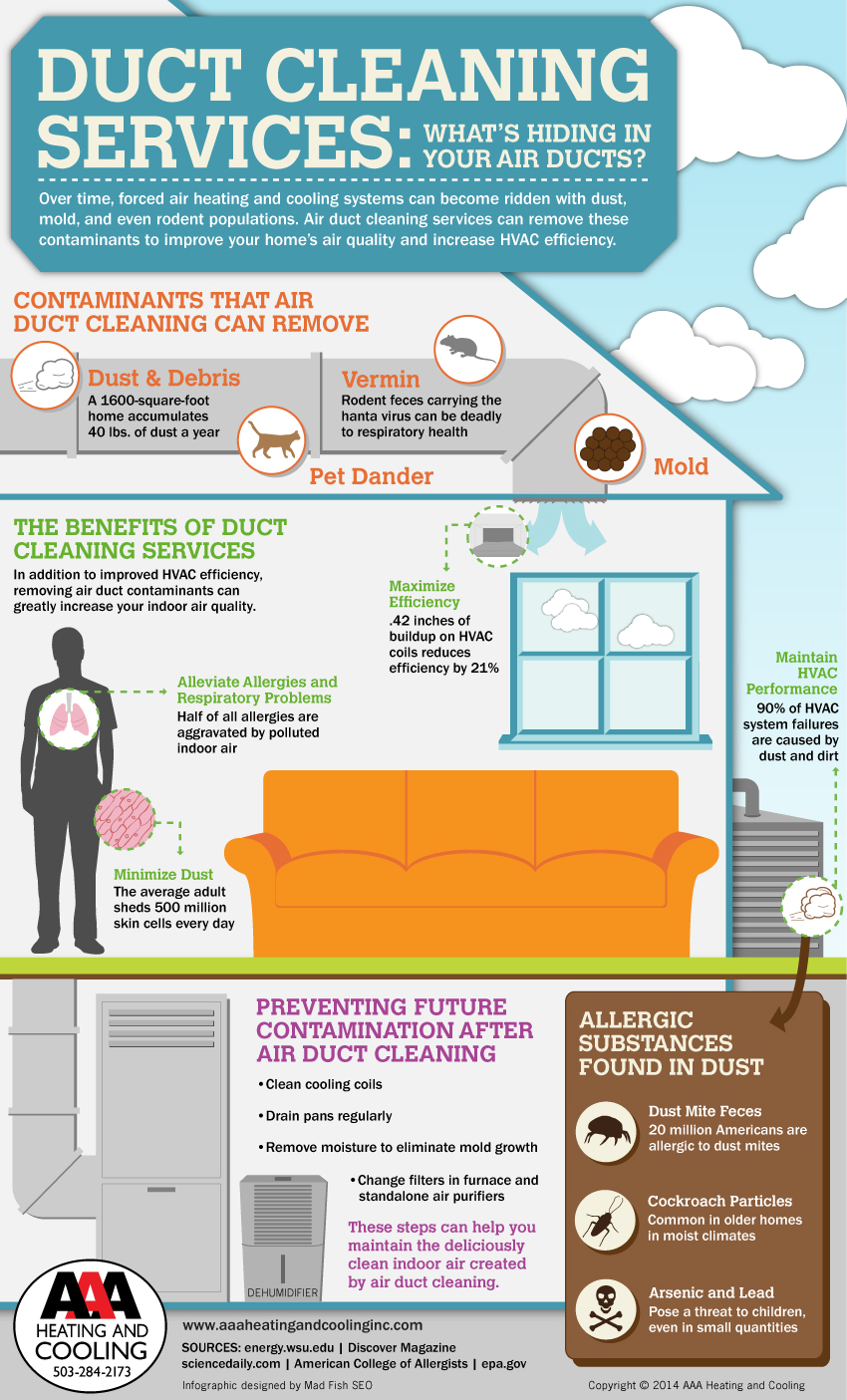Heat Pump Vs Furnace - Which Is The Better Heating Alternative For Your Home?
Heat Pump Vs Furnace - Which Is The Better Heating Alternative For Your Home?
Blog Article
Material Create By-Austin Smith
Numerous homeowners are familiar with furnaces, which heat homes with oil or gas and push hot air through ductwork. They are fairly inexpensive and can offer dependable heating even throughout a wintertime power blackout.
Nevertheless, they make use of fossil fuels and produce carbon monoxide gas and other air contamination. They also aren't as energy-efficient as a high-efficiency heat pump.
mouse click the following internet site , heatpump are more budget-friendly to run than furnaces. They typically make use of electrical power and cooling agent to essence warmth from outside air, and afterwards move it into your home. You can make the most of more affordable electrical energy rates throughout off-peak hours to even more lower your home heating prices.
Unlike heat pumps, gas or wood-burning heaters make use of burning to create heat, discharging flue gases into the atmosphere that can be dangerous to your health. These heating systems are additionally much less energy-efficient than heatpump, and their greater operating costs can add up gradually.
Heaters are extra complex than heat pumps and call for normal upkeep to ensure the appropriate feature of all components. Despite this, they have a tendency to last longer than heatpump with a normal life-span of two decades or more. Nonetheless, you'll need to factor in the expense of gas, gas oil or timber and the additional equipment required for installation and procedure such as air ducts and air flow systems.
Energy Efficiency
Heatpump have a greater energy performance score than heating systems. These systems make use of electrical energy to scavenge warm from the air, even in freezing temperature levels. They can also remove excess warmth from the home during warmer months and reuse it to cool down the system. Service provider specialists can help you determine the very best model for your home based on environment and resource energy costs.
Heaters shed fuel oil, gas, gas or various other types of fossil fuel to heat up the air in the home. This air is after that spread via ductwork utilizing a huge fan. Heating systems produce greenhouse gases and require routine upkeep and devices upgrades to ensure risk-free operation.
The greatest benefit of a heater is that it can be run even in severe winter problems since it does not depend on exterior temperatures to warm the air. Heaters also have a longer life expectancy than heat pumps and commonly last 15 years. They can likewise be paired with double gas alternatives, which select the most efficient heating option based upon the weather condition.
Climate
Heat pumps work well in modest climates and utilize less resource power than heating systems. Nonetheless, if your area is extremely cool, you might require to invest in a basic gas heating system rather.
Furnaces supply warm, relaxing heat and commonly provide rapid heating to increase interior temperatures. These systems can be used with a selection of fuel types, consisting of natural gas, lp, oil or power.
They consume a lot more power than heatpump-- up to 3x as much-- and require ductwork that's costly to install or retrofit. a knockout post to maintain, as they can create air quality problems and create greenhouse gas emissions.
If you're committed to reducing your carbon footprint, a heat pump is a great selection for your home. They have fewer greenhouse gas emissions than furnaces, specifically if you pick a power CELEBRITY ® heatpump. Your regional Service provider specialist can explain the differences in between these two heater and aid you make the best decision for your unique requirements.
Individual Preferences
Heating systems can be very energy effective when powered by natural gas, gas or oil, but they aren't as power efficient as heat pumps in icy environments. They can likewise be more costly to mount, calling for gas lines and air flow systems.
However, heating systems often tend to require much less upkeep, which can lead to reduced ongoing prices. They generate less greenhouse gases and are a lot more trusted than heatpump throughout extreme weather.
Electric heatpump are much more flexible in creating interior convenience because they can also function as air conditioners during warmer months. They can be easier to maintain, needing only regular air filter adjustments and occasional vacuuming.
If you prefer the ease of a single system that does it all, think about a crossbreed heating option that pairs a heating system with an electric heatpump. These systems can immediately change in between the two heating choices based upon your home's demands and temperature problems, optimizing efficiency and financial savings.